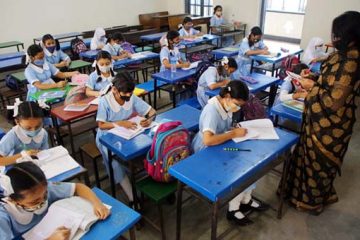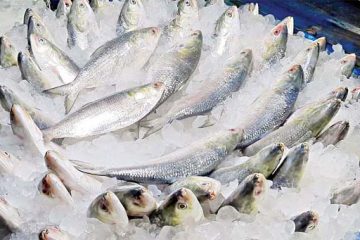Stockmarket Probe Report
Share splitting used as a tool to inflate prices
Split of shares used as a tool to sweep up small investors’ money had been a major reason behind the massive price inflation on the stockmarket, said the government probe committee on the recent market debacle.
Market capitalisation of the companies, which split their shares between July 2009 and December 2010, soared by 655 percent, and that of those which did not split shares went up by 46 percent at the same time, found the four-member committee headed by Khondkar Ibrahim Khaled.
Manipulators played on the “psychological weakness” of retail investors and encouraged them to buy lower denominated shares that had a huge impact on the stockmarket, said the probe report.
“Split of shares does not have any impact on a company’s earnings or assets. So, there should have been no impact of the split on share prices except for an adjustment to the face value.”
This fragmentation of shares had an “unexpected impact” on share prices and liquidity in the market, it said.
Market capitalisation of companies that did not split shares was three times higher than the companies that split shares until July 2, 2009. But market capitalisation of companies, which split shares, doubled compared to the ones that did not between July 2009 and December 2010, the committee found.
At least 62 companies denominated their shares from Tk 100 to Tk 10 with the Prime Finance and Investment Ltd being the first company to announce Tk 10 denomination shares on July 9, 2009. Of the companies, almost half is from the financial sector, the report said.
Split of shares affected the circuit breaker on share price movement, the probe body said.
In order to control price movement, the circuit breaker threshold remains low, if the share price slab is high.
“The circuit breaker threshold is 20 percent for shares worth up to Tk 200, while it is 7.5 percent for shares worth above Tk 5,000. Split shares caused share prices and market capitalisation to soar rapidly as low-denomination shares require imposition of a higher circuit breaker threshold.”
The report said the SEC could not play any firm role in this case.
“The SEC in a circular on March 1, last year set the uniform face value of shares at Tk 100 but re-fixed it at Tk 10 on March 10 the same year. The SEC suspended the effectiveness of its March 10 circular on February 2 this year,” it said.
“The SEC’s quick changes in decisions showed the regulator’s weakness, which the manipulators used to their advantage,” the report said.
On right share, the report said issuance of such shares is legal either to fulfil regulatory requirements or raise capital for business expansion.
On issuance of right shares, a company’s earnings per share are diluted as the number of shares gets increased. Although share prices are supposed to come down after that, the opposite happens on Bangladesh’s capital market.
“Here the prices go up after issuance of right shares,” the report said.
Courtesy of The Daily Star




















